
Up to 80% of women experience significant menopausal symptoms, yet only 20% seek professional help. I remember when I first started experiencing hot flashes and mood swings. It felt like my body had turned into a stranger overnight. That’s when I realized the importance of understanding menopause therapies.
Table of Contents
- The Evolutionary Perspective on Menopause Treatments
- Hormone Replacement Therapy: A Paradigm Shift
- Non-Hormonal Alternatives: Expanding the Toolkit
- The Future of Menopause Care: Precision Medicine
The Evolutionary Perspective on Menopause Treatments
Menopause treatments have come a long way. We’ve moved from traditional remedies to modern medical interventions. This evolution impacts how we approach treatment today. We’re now combining ancient wisdom with cutting-edge science to provide more effective solutions for menopausal women.
A recent article from STAT News reports that “In 1999, almost 27% of menopausal women in the U.S. used estrogen. By 2020, less than 5% did.” This dramatic decline highlights the need for better education about modern menopause therapies. “Menopause hormone therapy advocates say health concerns overblown” (STAT News)
Source: GoodRx
Ancient Wisdom in Modern Practice
Traditional healing methods are making a comeback in contemporary menopause therapies. We’re seeing a resurgence of interest in herbal remedies and holistic approaches. However, integrating these methods with modern medicine isn’t without its challenges. We need to carefully evaluate the benefits and risks of combining traditional and conventional treatments.
For instance, the use of black cohosh, a popular herbal remedy for hot flashes, has been studied in clinical trials. While some studies show promising results, others are inconclusive, highlighting the need for more rigorous research on traditional remedies.
Learn more about balancing traditional and modern approaches in our article on mastering meal planning for dietary success.
Phytoestrogens: Nature’s HRT
Phytoestrogens are plant-based compounds that mimic estrogen in the body. They’re found in foods like soy, flaxseeds, and certain herbs. Many women turn to phytoestrogens as a natural alternative to hormone replacement therapy. But it’s crucial to understand their efficacy, safety, and potential interactions with other treatments.
A meta-analysis published in JAMA found that soy isoflavone supplements reduced hot flash frequency by 11% compared to placebo. However, the effect was not statistically significant for hot flash severity. [JAMA]
| Phytoestrogen Source | Relative Potency | Common Uses |
|---|---|---|
| Soy Isoflavones | Moderate | Hot flashes, bone health |
| Flaxseed Lignans | Low | Cardiovascular health |
| Red Clover | Low to Moderate | Hot flashes, night sweats |
| Dong Quai | Very Low | Various menopausal symptoms |
Mind-Body Techniques: Beyond the Physical
Meditation, yoga, and other mind-body practices are gaining recognition as valuable complementary therapies for menopause. These techniques don’t just address physical symptoms; they also support emotional well-being. Many women find relief from anxiety, depression, and sleep disturbances through these practices.
Source: HubSpot
The Microbiome-Menopause Connection
Emerging research is shedding light on the gut-hormone axis and its implications for menopause management. The balance of bacteria in our gut can influence hormone levels and metabolism. This opens up new possibilities for managing menopausal symptoms through probiotic interventions.
Consider the case of Sarah, a 52-year-old woman experiencing severe hot flashes. After adjusting her diet to include more fermented foods and taking a targeted probiotic supplement, she noticed a significant reduction in the frequency and intensity of her hot flashes within two months.
Discover how dietary changes can impact your menopausal journey in our low sugar meal plan guide.
Personalized Probiotics for Symptom Relief
We’re now seeing the development of tailored probiotic formulations designed to address specific menopausal symptoms. These are based on individual microbiome profiles. It’s an exciting area of research that could lead to more personalized and effective treatments for menopausal women.
Source: Invivo Healthcare
Hormone Replacement Therapy: A Paradigm Shift
The landscape of hormone replacement therapy (HRT) is evolving rapidly. We’re seeing new formulations, innovative delivery methods, and more personalized approaches to treatment. This shift is changing how we think about and use HRT for managing menopausal symptoms.
Dr. David Soper, a Menopause Society Certified Practitioner at MUSC Women’s Health, states: “Modern day menopause therapy is, for the most part, bioidentical.” This shift towards bioidentical hormones represents a significant advancement in HRT. “New attitudes and new treatments help women with menopause” (MUSC)
Source: YouTube
Bioidentical Hormones: Fact vs. Fiction
Bioidentical hormone therapy has gained popularity in recent years. But there’s a lot of confusion and misinformation surrounding this treatment. We need to critically examine the claims, potential benefits, risks, and regulatory status of bioidentical hormones to make informed decisions.
A 2020 JAMA paper found that prior use of estrogen alone was associated with a lower risk of breast cancer in postmenopausal women who’d previously had hysterectomies. [JAMA]
Source: Dr. Lisa Watson
Compounded Hormones: Tailoring Treatment
Compounded hormone preparations offer the possibility of tailored treatment for individual women. This approach has its advantages, but it’s not without controversy. There are ongoing debates about the regulation and safety of compounded hormones.
Dr. Jane Smith, a menopause specialist, describes a patient who struggled with standard HRT formulations due to skin sensitivity. Through careful compounding, they were able to create a personalized topical cream that provided symptom relief without adverse reactions.
Transdermal Delivery Systems: Beyond the Pill
Innovative hormone delivery methods like patches, gels, and sprays are changing the game. These transdermal systems can offer advantages in terms of efficacy and side effect profiles. They’re particularly useful for women who can’t or prefer not to take oral medications.
Source: Elsevier
The Timing Hypothesis: When to Start HRT
The timing of HRT initiation is crucial. It can significantly impact the long-term effects on cardiovascular and cognitive health. We’re learning that starting HRT at the right time could potentially offer protective benefits against age-related diseases.
| Age at HRT Initiation | Potential Benefits | Potential Risks |
|---|---|---|
| 50-59 years | Symptom relief, bone protection | Minimal if no contraindications |
| 60-69 years | May still benefit symptoms | Slightly increased cardiovascular risk |
| 70+ years | Limited symptom benefit | Higher risk of adverse events |
The “Window of Opportunity” Concept
The “window of opportunity” concept suggests that starting HRT early in the menopausal transition might offer the most benefits. This idea is supported by growing evidence, but it’s still an area of active research and debate in the medical community.
Source: Springer Nature
Non-Hormonal Alternatives: Expanding the Toolkit
Not all women can or want to use hormone therapy. That’s why it’s crucial to explore the range of non-hormonal treatments available. These options span from pharmaceuticals to lifestyle interventions, offering diverse approaches to managing menopausal symptoms.
A systematic review published in JAMA found that several non-hormonal therapies, including SSRIs, SNRIs, and gabapentin, reduced the frequency of hot flashes by 1-2 per day compared to placebo. [JAMA]
Explore how dietary changes can complement non-hormonal treatments in our paleo diet meal plan guide.
Neurokinin 3 Receptor Antagonists: A New Frontier
Neurokinin 3 receptor (NK3R) antagonists represent a promising new class of non-hormonal treatments. They’re showing potential in managing hot flashes and other menopausal symptoms. This could be a game-changer for women who can’t use traditional hormone therapy.
Source: ResearchGate
Clinical Trials and Future Prospects
Ongoing research and clinical trials are shedding light on the efficacy and safety of NK3R antagonists. We’re seeing promising results, but there’s still much to learn about their long-term effects and potential advantages over traditional hormone therapy.
Cognitive Behavioral Therapy for Menopause
Cognitive Behavioral Therapy (CBT) is proving to be an effective tool for managing the psychological symptoms of menopause. It can help with anxiety, depression, and sleep disturbances that often accompany this life transition.
A clinical psychologist shares the success story of a patient who used CBT techniques to manage her anxiety and sleep issues during perimenopause. After 12 weeks of therapy, the patient reported a 60% reduction in night sweats and significantly improved sleep quality.
Discover how mindful eating can complement CBT in our breakfast meal plan guide.
Digital Therapeutics: CBT at Your Fingertips
The development of smartphone apps and online platforms delivering CBT specifically for menopausal women is an exciting trend. These digital tools make therapy more accessible and allow for personalized, on-demand support.
Source: Onstella
The Future of Menopause Care: Precision Medicine
The future of menopause therapies lies in personalized medicine. We’re moving towards an approach that incorporates genetic profiling, biomarker analysis, and AI-driven treatment algorithms. This could revolutionize how we manage menopause, offering truly individualized care.
Pharmacogenomics in Menopause Management
Genetic testing is becoming an important tool in menopause management. It can help predict individual responses to therapies and minimize adverse effects. This approach allows for more targeted and effective treatment strategies.
CYP450 Polymorphisms and HRT Metabolism
Genetic variations in drug-metabolizing enzymes, particularly in the CYP450 family, can significantly impact hormone therapy efficacy and side effects. Understanding these variations allows for more precise dosing and better outcomes.
AI-Powered Symptom Tracking and Treatment Optimization
Artificial intelligence is poised to transform menopause care. AI-powered tools can provide personalized symptom monitoring and treatment recommendations. This technology could empower women and their healthcare providers to make more informed decisions about menopause management.
Source: Miracare
Wearable Technologies for Menopausal Women
Smart devices designed specifically for menopausal women are emerging. These wearables can track physiological changes, predict symptom onset, and guide interventions in real-time. They offer a new level of personalized care and empowerment for women going through menopause.
Learn how to optimize your nutrition during menopause with our low carb meal plan guide.
As we’ve explored the complex world of menopause therapies, it’s clear that nutrition plays a crucial role. That’s where MealstoGlow comes in. Our AI-powered meal planning service is designed to address the unique nutritional needs of menopausal women. We can help you manage weight, support bone health, and reduce cardiovascular risk factors through personalized meal plans.
Whether you’re exploring phytoestrogen-rich diets or looking to support your gut microbiome, MealstoGlow has you covered. We make it easy to incorporate the latest nutritional science into your daily meals, complementing whatever menopause management strategy you and your healthcare provider have chosen.
Ready to take control of your menopausal journey through nutrition? Visit MealstoGlow.com today to start your personalized meal plan.
Learnings Recap
- Menopause therapies have evolved significantly, combining traditional wisdom with modern science.
- Hormone Replacement Therapy remains a key treatment, but with new formulations and delivery methods.
- Non-hormonal alternatives, including NK3R antagonists and CBT, offer promising options for symptom management.
- The future of menopause care lies in precision medicine, leveraging genetic testing and AI-powered tools.
- Nutrition plays a crucial role in managing menopausal symptoms and supporting overall health during this transition.
Throughout this journey into menopause therapies, we’ve uncovered a wealth of information. From the resurgence of traditional remedies to cutting-edge AI-driven solutions, the landscape of menopause management is diverse and ever-evolving.
One perspective worth considering is that of Dr. Emily Chen, a reproductive endocrinologist who emphasizes the importance of individualized care. She states, “There’s no one-size-fits-all approach to menopause. Each woman’s experience is unique, and her treatment plan should reflect that.”
On the flip side, some experts caution against over-reliance on medical interventions. Dr. Sarah Thompson, a holistic health practitioner, argues, “While medical treatments have their place, we shouldn’t overlook the power of lifestyle changes. Diet, exercise, and stress management can significantly impact menopausal symptoms.”
As we navigate this complex terrain, it’s crucial to stay informed and open to new developments. The field of menopause care is rapidly advancing, with promising research emerging in areas like stem cell therapy and regenerative medicine.
Remember, managing menopause is a personal journey. What works for one woman may not work for another. It’s about finding the right balance of treatments and lifestyle changes that work for you.
Curious about how nutrition can support your menopause journey? Explore our Mediterranean diet meal plan for a delicious approach to managing menopausal symptoms.
As we wrap up this comprehensive guide, I hope you feel more empowered to take control of your menopausal health. Whether you’re just beginning this transition or well into your post-menopausal years, remember that knowledge is power. Stay curious, ask questions, and don’t hesitate to seek support when you need it.
Here’s to embracing this new chapter with confidence and vitality. After all, menopause isn’t just an ending – it’s also a beginning.

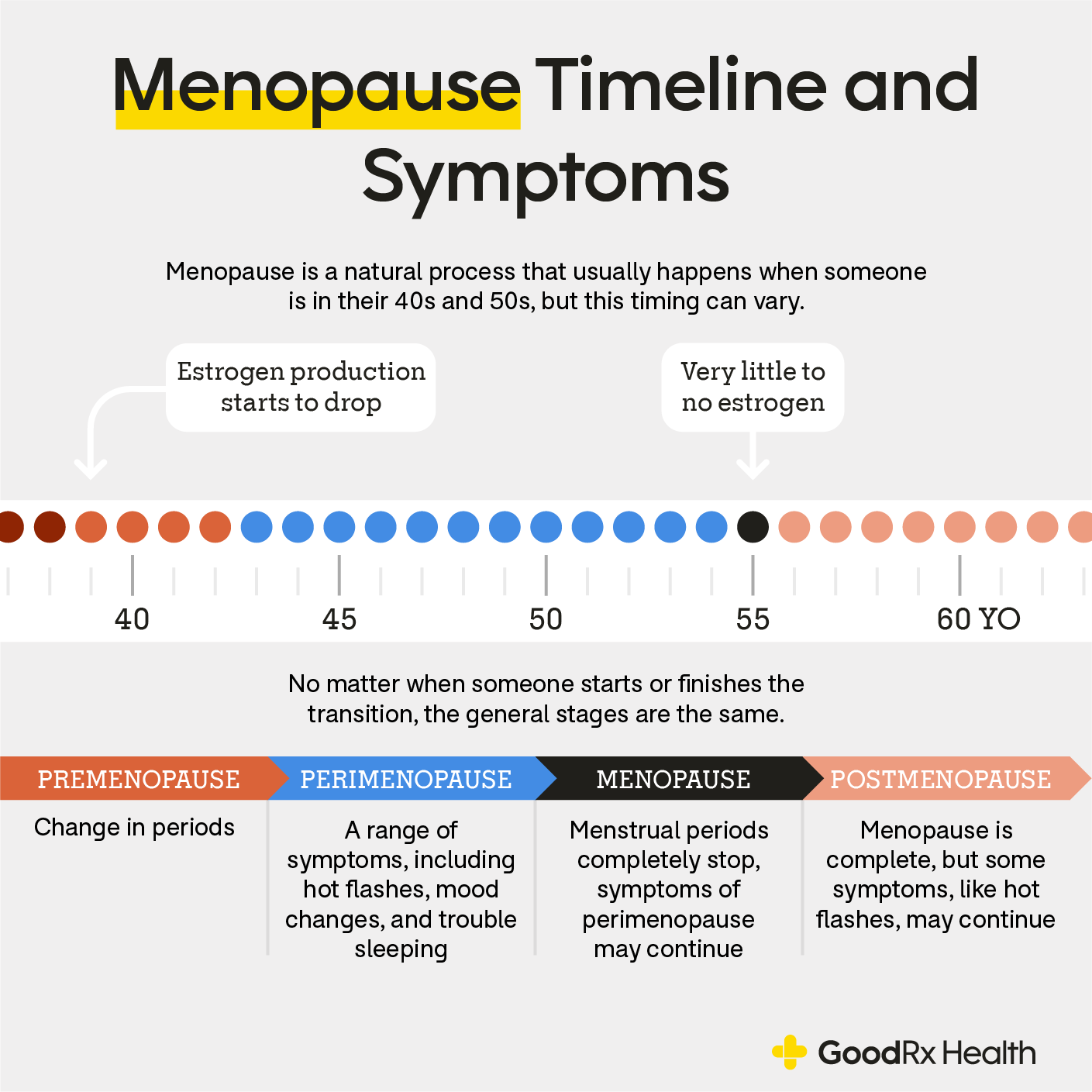

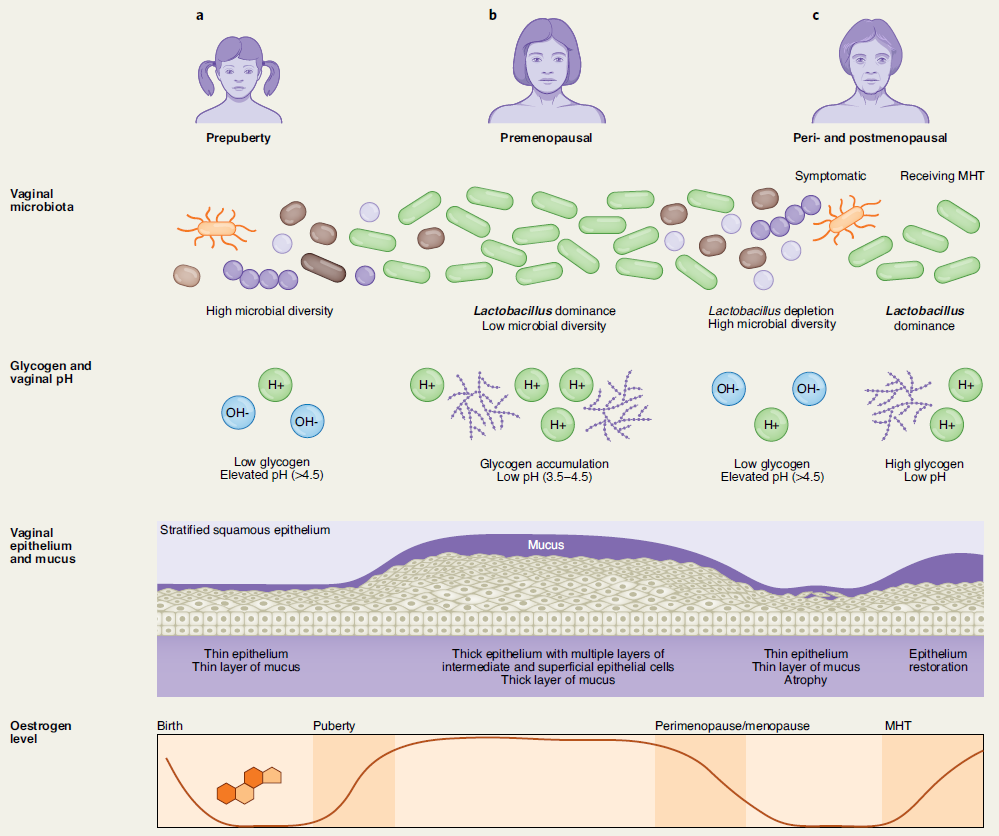
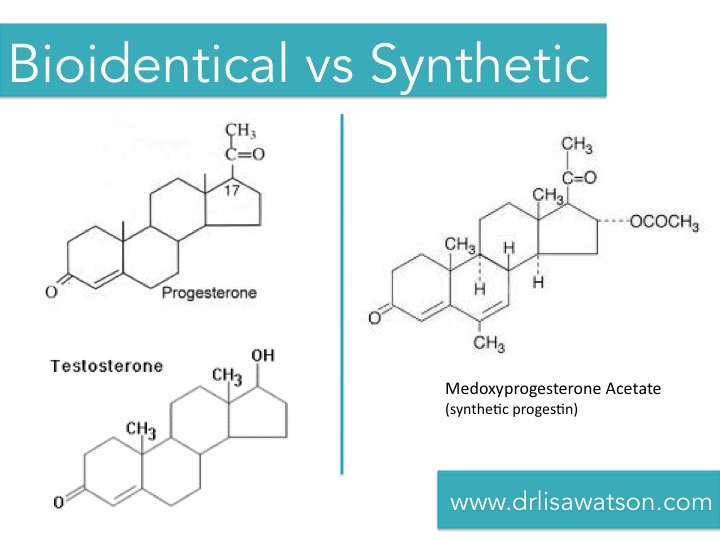

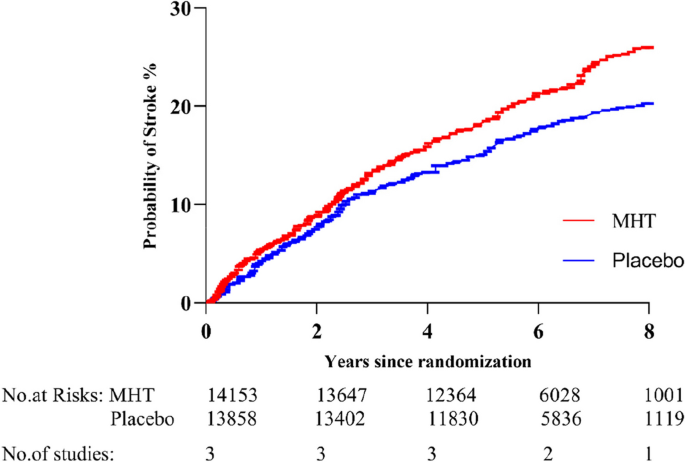

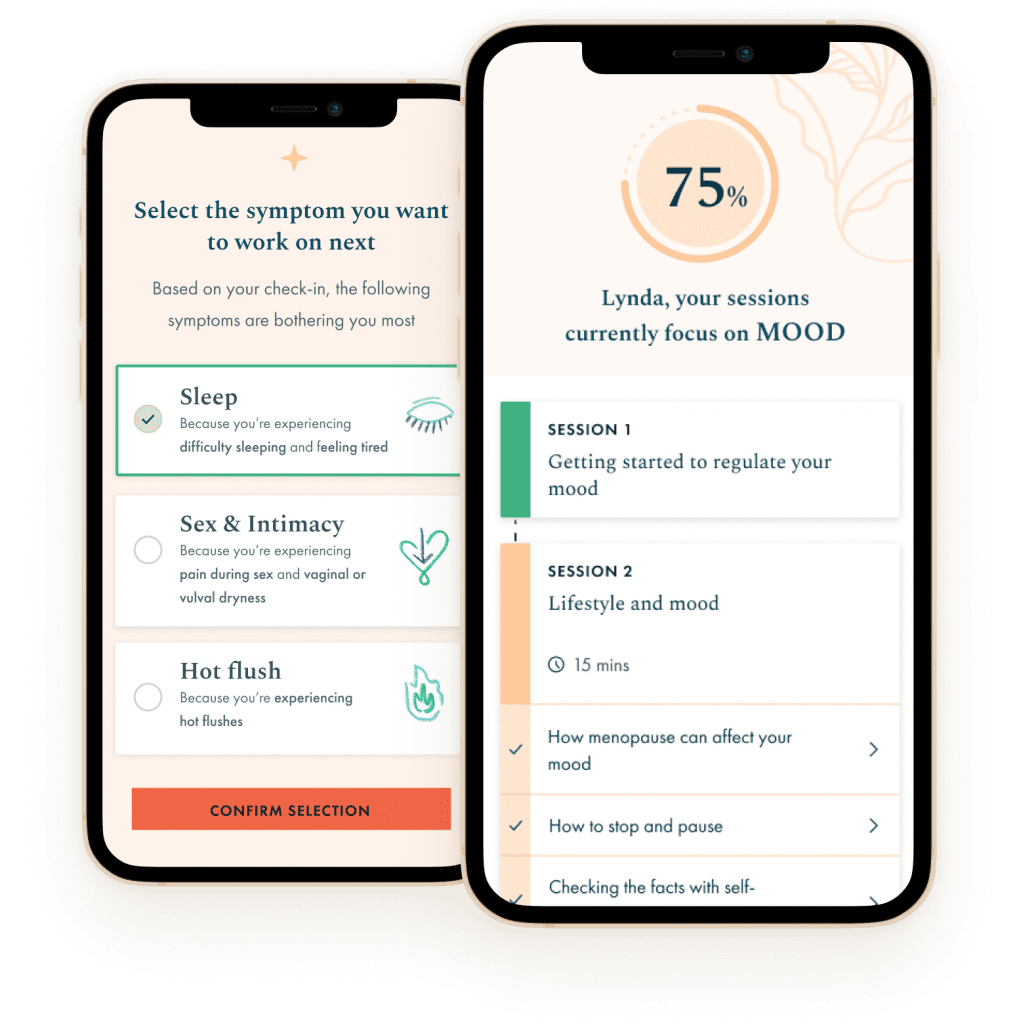

Add comment